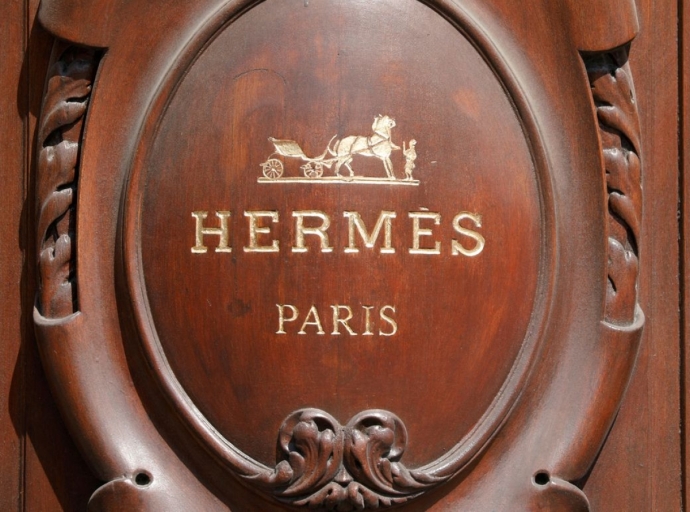Jehangir (Jeh) Wadia has stepped down as the Managing Director of Bombay Dyeing and Manufacturing Company — the flagship of the NusliWadia Group.
As per Economic Times, Wadia will not be renewing his contract as the Managing Director of the company that expired on March 31. The 47-year-old took over as the role on April 1, 2011.
The Wadia family wants to separate ownership from management. The restructuring is aimed at professionalising the management in Wadia Group operating entities, with the family continuing to hold shareholder rights and directorships. The group wants to bring in professional management to run their companies, said Shriram Subramanian, founder and MD of proxy advisory firm InGovern Research.
The Wadia Groupwanted to follow the ownership and management separation model as that of Britannia, which has been a success story. Britannia, one of the largest bakery and dairy products players, has a market cap of Rs 87,156 crore as compared to the Rs 10,818-crore aggregate market cap of other listed Wadia companies — Bombay Burmah Trading, Bombay Dyeing and National Peroxide.
The practice of separating ownership and management has been implemented in Infosys where its founders left the running of the IT services company to qualified professional managers, while retaining the voting rights.
The day-to-day management at Bombay Dyeing will now be looked after by Suresh Khurana, who oversees the polyester business, and Hitesh Vora, CFO, under the supervision of non-independent director Minnie Bodhanwala.

_thumbnail.jpeg)
























